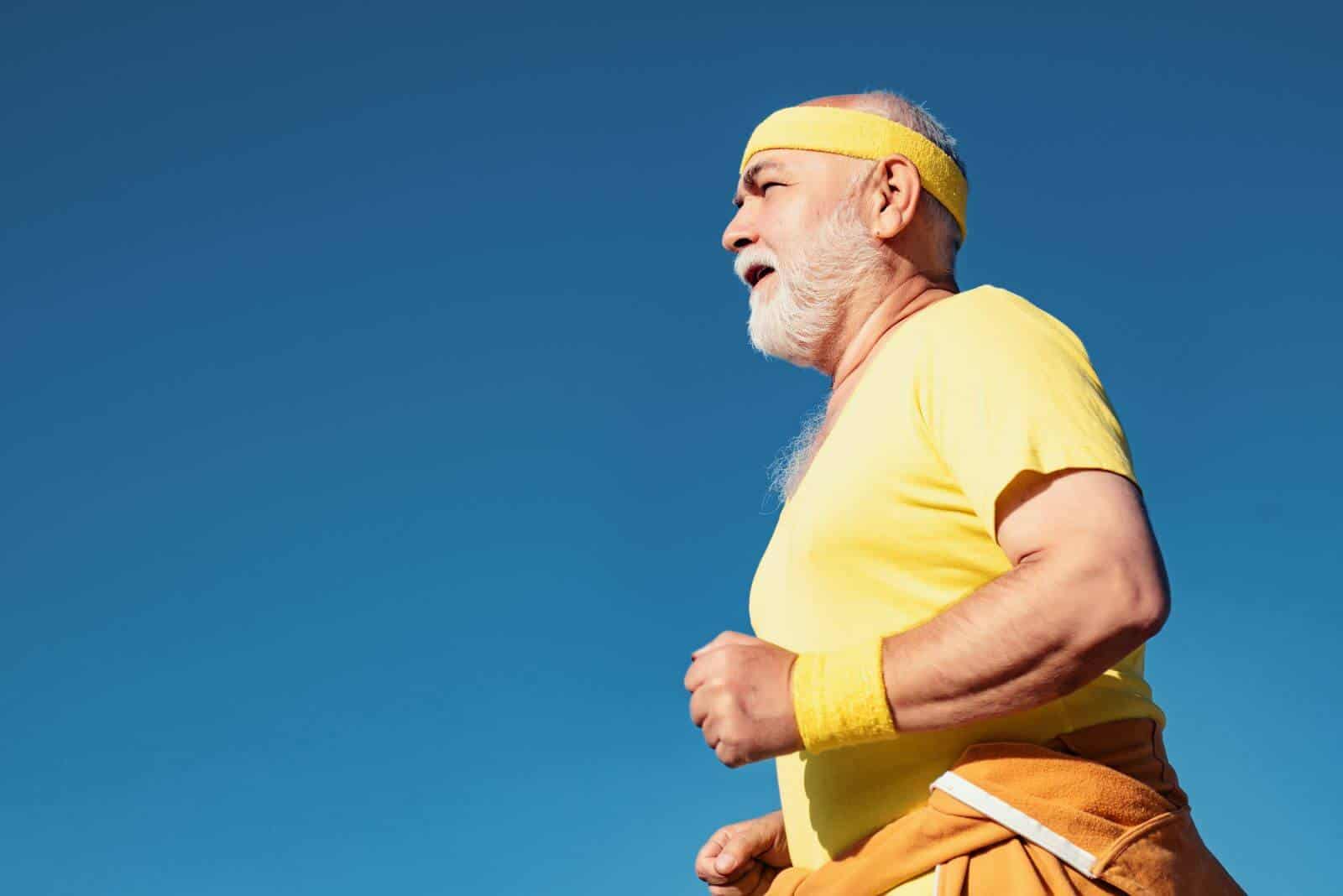
The foundations of a healthy lifestyle are no great secret. Multi-zillion dollar industries promote all varieties of shortcuts and hacks, but everyone knows that, in the end, a healthy diet, regular exercise, and proper rest are the undeniable cornerstones of health. Someone might prefer an unhealthy option for one reason or another and then form unhealthy habits. But it is very rare that this might happen due to that person’s ignorance of what the healthy option would have been.
It is less common for people to acknowledge that hearing health is another cornerstone of overall health. With proper treatment, the consequences of hearing loss should be no more meaningful than wearing glasses. But when someone fails to treat their hearing loss with the appropriate seriousness, more frequently than not, the damage unravels into every dimension of their life.
The Risks of Ignoring Hearing Loss
Not only do we depend on our hearing to orient ourselves spatially, making sense of our environment and any potential threats that may enter it. Our sense of balance is also intimately entwined with it. This means that even when someone is at home by themselves, in the safest environment in which they have the greatest degree of control, hearing loss still poses a threat to their physical safety, increasing the likelihood of bumps and falls.
Left untreated, hearing loss inevitably leads to emotional, psychological, and cognitive damage. It needlessly complicates every relationship and professional opportunity. Although exact numbers are impossible to know, largely due to the fact that many people with hearing loss do not even realize that they are suffering from it, the best estimates say that around 14% of the U.S. population lives with some detectable degree of hearing loss and less than 20% of these people seek and maintain appropriate treatment.
Healthy Habits
How can it be that so many people that suffer from hearing loss do not even know it? Seems impossible, right? Well, not if you consider that in the vast majority of cases of hearing loss comes on incredibly gradually. This is because hearing loss is rarely the result of a single traumatic event. It is usually brought on by unhealthy habits.
Same as diet and exercise, the fundamentals of healthy hearing habits are no great secret. In fact it is a simple rule of thumb, if a sound makes you uncomfortable, it is probably not good for you. Move away from it. This is instinctual. But it is also becoming apparent that the reverse is also true: there is evidence to suggest that regular exercise actually helps maintain healthy hearing.
Everyone knows that exercise has splendiferous benefits. Regular exercise maintains your weight, improves bone density, and boosts your immune system. And it improves your overall cardiovascular efficiency. And this increased blood flow supports your hearing health.
We each hear thanks to the innumerable minute hairs inside our ears. These minuscule hairs vibrate in response to sound waves and when they vibrate they tap against our eardrums. Then, seemingly instantaneously, our eardrums transmit these signals to our brains to decipher. Excessive sound levels damage and even kill these microscopic hairs.
But exercise makes the countless capillaries and nerves that enable the delicate mechanics of our hearing more resilient. Our bodies need oxygen and oxygen is carried through our blood. Exercise makes your heart strong. A strong heart helps pump your blood everywhere it needs to get, pushing oxygen into every little nook that needs it.
And just as much as any other organ, our brains need oxygen. And remember, we hear with our brains as much as our ears; it is our brains that decode and spatialize the signals that our eardrums transmit. A brain deprived of oxygen is forced to work harder, its efficiency diminished. When this deprivation persists for any extended amount of time, nerves atrophy. This is why untreated hearing loss often leads to confusion and cognitive decline.
Start Today
Walk, run, or ride your bike. Start lifting weights or go to a yoga class. It’s up to you. You know what feels right and what you enjoy. And now you know more good reasons why it is always the right time to intentionally form a healthy new habit.
